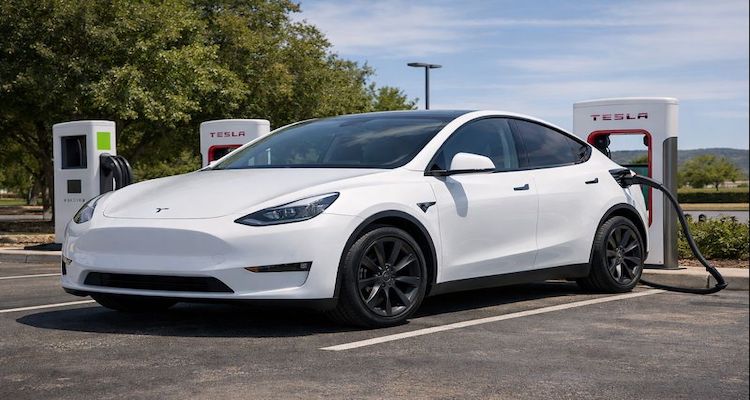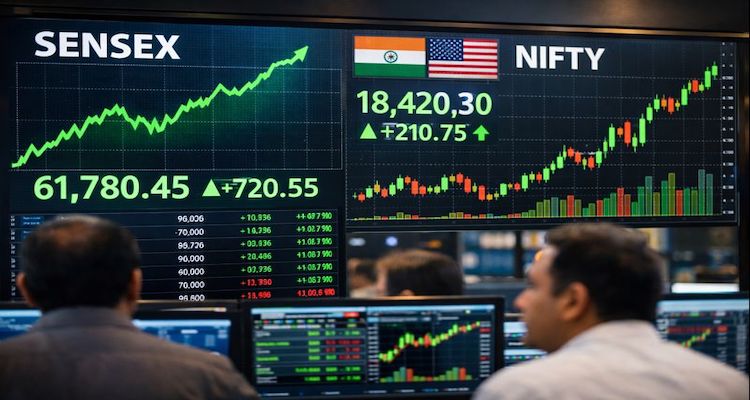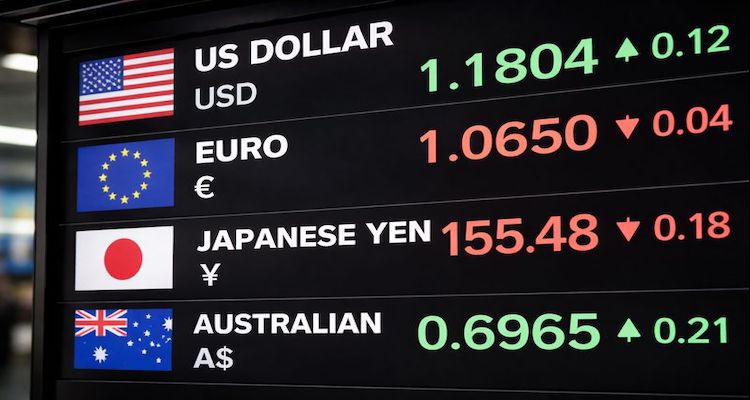The Age of Intelligent Everything

Age of Intelligent Everything, AI future, smart devices, Internet of Things, intelligent systems, smart cities, autonomous technology, AI in healthcare
Introduction: A World That Thinks Back
Imagine a future where your refrigerator orders groceries before you run out, your car predicts road hazards before you see them, and your city manages energy, water, and traffic with the precision of a living organism. That future is no longer speculative—it’s unfolding now. We are entering what many technologists call the age of intelligent everything, where AI and connected systems are seamlessly woven into daily life.
Context & Background: From Smart Devices to Smart Worlds
The seeds of this transformation were planted in the early 2000s with the rise of smartphones and internet-connected devices. “Smart” once meant a phone with apps or a watch that counted steps. Today, intelligence extends to every layer of human existence—from homes, offices, and vehicles to entire supply chains and global communication networks.
Advances in artificial intelligence, cloud computing, 5G networks, and the Internet of Things (IoT) have enabled billions of devices to talk to each other, analyze data in real-time, and act independently. According to IDC, by 2030, there could be more than 50 billion connected devices worldwide, generating insights that will reshape industries and societies alike.
Main Developments: Intelligent by Design
The term “intelligent everything” doesn’t just mean gadgets. It encompasses a system-wide evolution in how we interact with the world:
- Smart Homes: AI-driven assistants manage energy, security, and convenience. Smart thermostats and appliances optimize usage, cutting costs and carbon footprints.
- Autonomous Mobility: Self-driving cars, delivery drones, and AI-managed logistics are turning transportation into a predictive, safer, and greener system.
- Healthcare AI: From wearable sensors that monitor heart health in real-time to predictive diagnostics powered by machine learning, intelligent healthcare promises earlier interventions and more personalized treatments.
- Urban Intelligence: Smart cities are deploying sensors for traffic control, waste management, and water conservation—reshaping urban living into a responsive ecosystem.
- Industrial AI: Factories powered by predictive maintenance and robotics reduce downtime and boost productivity, reshaping global supply chains.
This convergence is more than convenience; it’s redefining efficiency, sustainability, and human potential.
Expert Insight & Public Reaction
Tech analyst Dr. Laura Bennett describes it as “a shift from isolated smart products to an ecosystem where intelligence is distributed across everything we touch.” She adds, “The real value emerges when these systems collaborate—when your car talks to your home, or your health monitor communicates with your doctor in real-time.”
Public sentiment is a mix of excitement and caution. Surveys show that while consumers welcome the convenience of intelligent devices, they worry about privacy, cybersecurity, and job displacement. A recent Pew Research report found that 68% of Americans believe AI will transform daily life significantly within the next decade, but only 32% feel confident that regulations will keep pace.
Impact & Implications: What Happens Next?
The implications of intelligent everything are profound:
- Economic Transformation: Industries from manufacturing to agriculture are being reshaped by automation and predictive analytics.
- Workforce Shifts: Routine jobs may decline, but new careers in AI ethics, data science, and human-machine collaboration are emerging.
- Ethical Crossroads: Who controls intelligent systems? How do we balance innovation with privacy, security, and fairness?
- Global Competition: Nations are racing to dominate the AI-driven economy, with the U.S., China, and Europe investing billions in smart infrastructure.
If navigated responsibly, intelligent everything could drive unprecedented sustainability—reducing waste, optimizing energy, and improving human well-being. But without thoughtful governance, risks of inequality, surveillance, and system vulnerabilities loom large.
Conclusion: Living With Intelligence Everywhere
The age of intelligent everything is not a distant future—it is the reality unfolding around us. From the way we travel and work to how we heal and live, intelligence is becoming an invisible partner in human progress.
The question is not whether everything will become intelligent, but how humanity will shape this intelligence—toward empowerment, sustainability, and inclusion, or toward surveillance and control. As we stand on this threshold, one truth is clear: the choices we make today will define the future of intelligent living for generations to come.
Disclaimer :This article is for informational purposes only and does not constitute financial, medical, or legal advice. Readers should consult relevant professionals before making decisions related to technology adoption or investment.










